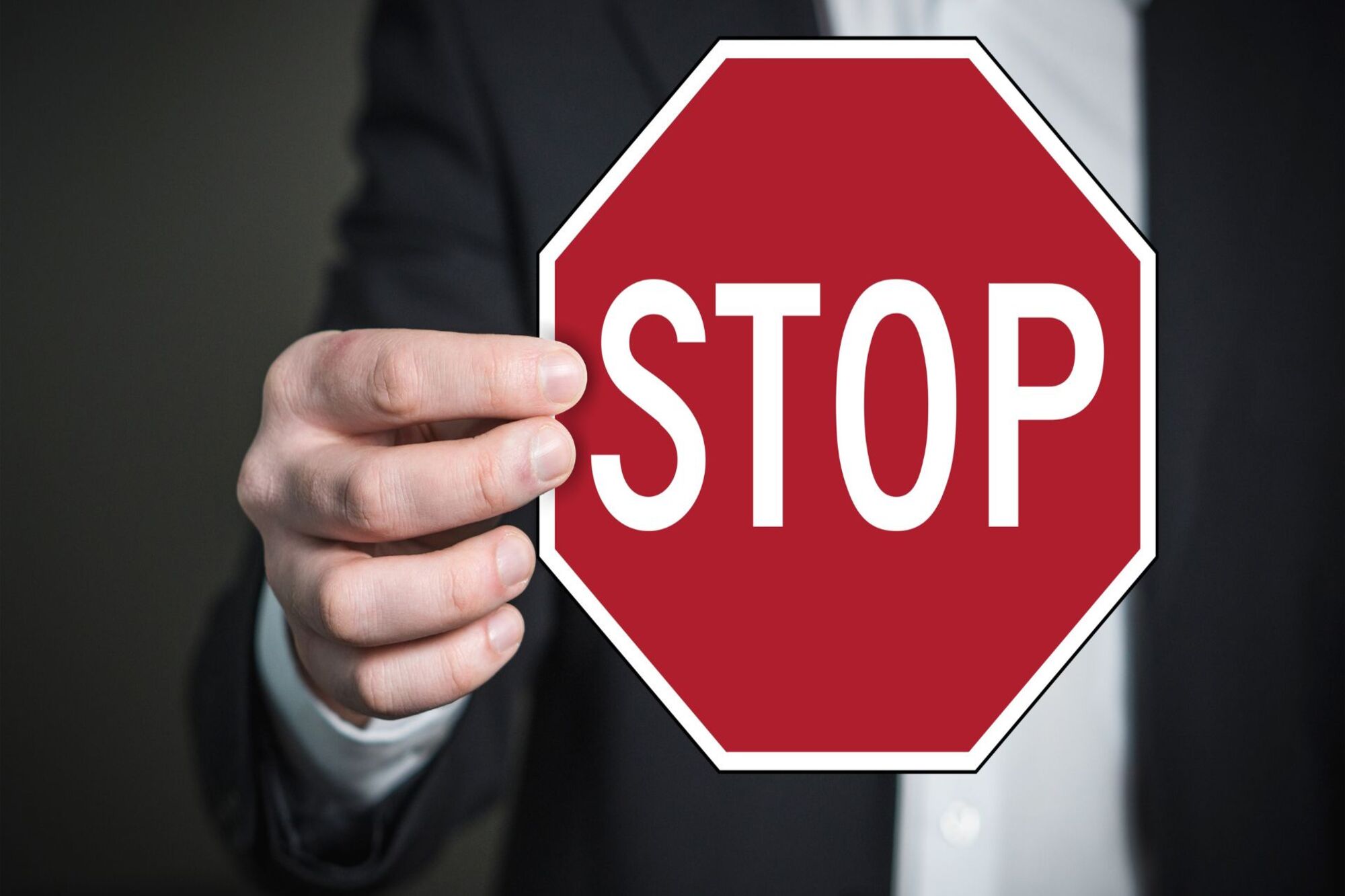
Children of parents in need of care are generally obligated to provide support. The Relatives Relief Act came into effect on January 1, 2020. We have discussed what changes and what you should do now with our cooperation partner and family lawyer Jörn Hauß.
The interview was conducted by Nicole Beste-Fopma.
Mr. Hauß, a few years ago you provided us with extensive information about the Parental Maintenance Act. Now there is good news for everyone involved. On January 1, 2020, the Relatives Relief Act came into effect. What exactly changes?
In the future, children will only be required to provide maintenance payments for their parents if their annual gross income exceeds €100,000. The income considered is solely that of the child. The income of a son-in-law or daughter-in-law and the assets of the children and their in-laws no longer play a role.
If the child's income exceeds 100,000 € gross per year, the amount of maintenance to be paid is determined according to the previous calculation method. However, the self-retention amounts must be adjusted to the level of the annual income limit of 100,000 € and therefore increased to about 5,000 € per month. The judiciary will have to consider this in the near future.
Does this also apply if several children are obliged to support one parent?
Even if several children are obliged to support their parents, only the child whose income exceeds 100,000 € has to pay maintenance. Due to what I believe is the necessary adjustment of the personal allowance to 5,000 € for a single child and 9,000 € family income when living with a spouse, ultimately only children from very high-income backgrounds are burdened.
How is the income composed?
The annual income limit of 100,000 € is determined purely from a tax perspective. Fictional income, such as housing benefits, which have previously had a significant impact on the maintenance-related capacity, will no longer play a role in determining the annual income limit in the future.
Do you have to report your own income to the social welfare office without being asked?
No one must provide information to the social welfare office unsolicited. The law includes a "legal presumption" that the children obligated to provide support have an income below the annual income threshold of €100,000. This presumption applies as long as the social welfare agency does not have "sufficient indications" of exceeding the annual income threshold. Such indications can be obtained from statements made by the parents in need of social assistance and from publicly accessible information sources (social media, the internet, press, radio, and television). Membership in a particularly high-income professional group can also provide such indications. In these cases, the social welfare agency can demand information from the child obligated to provide support. However, it must then specify the reasons why it considers the legal presumption of an income below the annual income threshold to be refuted. Practically, this means that, with few exceptions, social welfare agencies will not even be able to request information about the income and financial circumstances of the children obligated to provide support in the future.
Since it is only determined at the end of the year whether their income exceeds the annual income limit, all obligors can stop their maintenance payments as of January 1, 2020. Although a child's income exceeding the annual income limit in 2019 is a sufficient indication to request information, maintenance does not have to be paid as long as it is not clear that the income in 2020 actually exceeds the annual income limit.
Children with an income of over €100,000 should not submit their parents' social assistance application on their behalf. In the new questionnaires of social assistance providers, initial experiences have shown that inquiries are regularly made about the profession, marital status, and professional position of the financially responsible children. A child who submits the application on behalf of the parents would be obliged to provide truthful information at this point. However, the parents or another representative who is not so familiar with the family circumstances can plead ignorance regarding this question. The child acting in representation, however, cannot.
What should be done if the annual gross income is below the specified 100,000 euros per year?
One doesn't need to do anything except stop the payments and briefly inform the social welfare agency out of courtesy.
Does this also apply if the payment is based on a judicial decision or a settlement?
If the child is obliged to pay maintenance through a court order or a court-recorded settlement, they should request the maintenance creditor, namely the social welfare office, to waive rights from the court order or settlement. If the social welfare agency refuses, a legal modification procedure must be initiated. This requires legal representation. However, those affected should urgently ensure that the legal representation has experience in parental maintenance.
Up to what amount must one pay alimony?
In principle, a person obliged to pay maintenance must finance the entire necessary needs of the person entitled to maintenance. However, these needs are primarily covered by the entitled person's own income, care allowance, possibly care housing allowance, maintenance payments from the primarily obligated spouse, and also the utilization of the entitled person's assets before the child's maintenance payments. Usually, the shortfall is between 500 and 800 € per month. Since 2002, the case law grants a standard of living guarantee for children, so even for children with an income of over 100,000 € in the future, the maintenance payment to the parents will remain socially acceptable and will not lead to a reduction in the standard of living.
According to the law, siblings are liable for their parents' maintenance needs on a proportional basis. What does "come up with proportionally" mean?
This means that the financial support capability is determined separately for each child. If the total support capability of the children exceeds the parent's support requirement, each child is only required to make a proportional support payment.
An example: The maintenance needs of a dependent father not covered elsewhere amount to €800. Three of his children earn an income of €150,000 gross each. Due to different family situations (marital status and number of children), child 1 can contribute €300, child 2 can contribute €500, and child 3 can contribute €400.

Does the law also apply to parents who have to provide for their adult child in need of care?
Fundamentally, the law largely exempts all social assistance benefits for adults from recourse. The coalition has thereby made an important socio-political determination and implemented an initiative from the coalition agreement in an expanded manner. Through this law, it has emphasized society’s responsibility to protect citizens from risks beyond their control, such as disability, illness, old age, and family members' infirmity.
Can payments already made after 01/01/2020 be reclaimed? If so, what is the best way to do it?
Insofar as maintenance payments for dependent children were made to a social welfare agency in 2020 for maintenance periods of 2020, you can request the social welfare agency to reimburse these payments, provided you are not obliged to perform by court decision. However, even in cases where the court has ordered payment, the social welfare agencies are expected to reimburse payments, at least if it is certain that the annual income limit of €100,000 is not exceeded.
It must be noted, however, that administrations and courts have not yet adjusted to the new law. Much is still not fully clarified. For instance, the Higher Regional Courts raised the self-retention for parental maintenance to only 2,000 € at the beginning of November – before the law was passed by the Bundesrat. This cannot, of course, remain the case. It will certainly take one to two years for maintenance law practice to adjust to the social law intervention into maintenance law made by the Relatives Relief Act.
Jörn Hauß is a specialist lawyer for family law and advises on all questions regarding parental support at his law firm "Hauß Nießalla Härdle" in Duisburg and offers consultations on this topic for famPLUS clients. He is a member of several commissions, committees, and associations and is listed by Focus among the 100 best family lawyers in Germany.



